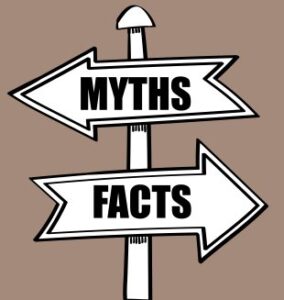What is Freedom?
What does it mean to be free? Some say that freedom is being able to do anything with no limits. I do not subscribe to that definition because, if followed consistently, it is a sure way to lose your freedom. Think about it. “No limits” means that a person could steal, lie, commit adultery, murder, and numerous other evil things that limit the exercise of freedom. Consider this illustration. You are the captain of a beautiful ocean-going vessel, and you may sail it wherever you please. You have chart and compass to help you navigate and avoid the rocks. You could ignore them, sail your boat into the rocks, and destroy it, but that would practically eliminate your freedom. Alternatively, you could use the chart and compass to avoid the rocks and go most any place you desire on the ocean. Who is more free? The person who destroyed his boat in the name of “freedom,” or the person who followed the chart and compass?
In this illustration, your body is the “boat,” and your spirit is the “captain.” The Bible is the chart and compass and the rocks are the consequences of sin. You may wreck your life by ignoring the Bible and sailing among the rocks of sin, or by listening to the Bible you may avoid the rocks of sin and have a truly free life. Jesus said, “If you abide in My word, you are My disciples indeed. And you shall know the truth, and the truth shall make you free” (John 8:31-32). Paul wrote, “For you, brethren, have been called to liberty; only do not use liberty as an opportunity for the flesh, but through love serve one another” (Galatians 5:13). If you want real freedom, hear and obey the word of God.




